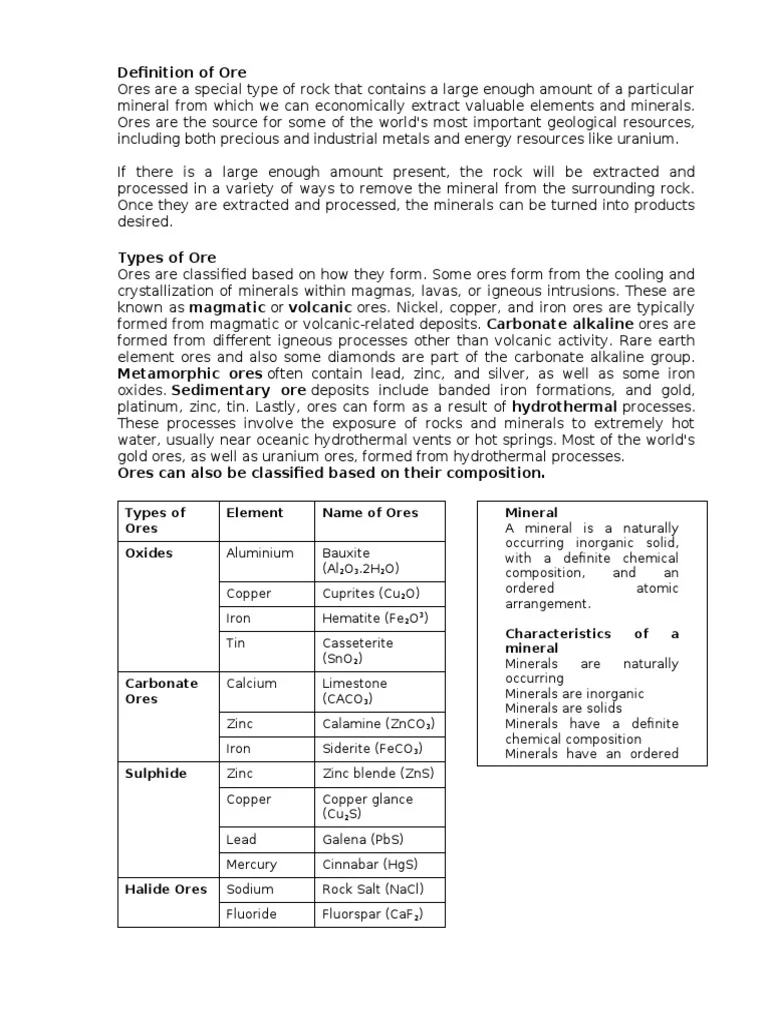Article Directory
Ore Oduba's recent revelation about his struggle with porn addiction since the age of nine is, frankly, heartbreaking. But beyond the personal tragedy, it throws a stark light on a much larger question: how are we, as a society, going to protect future generations from the insidious creep of digital addiction? This isn't just about Ore Oduba; it's about all of us, and the world we're building for our kids.
This isn't just a celebrity confessional; it's a canary in the coal mine. We're talking about a generation growing up with unprecedented access to hyper-stimulating content, and frankly, our understanding of the long-term effects is still in its infancy. Are we really equipped to deal with the fallout? I mean, think about it: we're handing these kids devices that can deliver dopamine hits faster than ever before, and then we're surprised when they struggle to regulate their behavior? It’s like giving a toddler a rocket launcher and expecting them to use it responsibly.
The Digital Wild West
The internet, for all its wonders, is still a bit of a Wild West. Regulation is lagging far behind technological advancement, and the algorithms are designed to maximize engagement, often at the expense of mental wellbeing. We need to have a serious conversation about the ethical responsibilities of tech companies. They can’t just absolve themselves of responsibility and say, "Hey, we're just providing a platform." They're shaping minds, influencing behaviors, and frankly, they need to be held accountable.
And it's not just about porn. It's about the endless scrolling, the constant notifications, the carefully curated feeds designed to trigger our insecurities. It's a perfect storm of addictive technologies, and our kids are right in the middle of it. What does it mean to grow up in a world where your self-worth is constantly being measured by likes and followers? What does it mean to develop your sense of identity in a digital echo chamber? These are profound questions, and we need to start grappling with them now.

What’s the solution? Well, it’s not about banning technology, that’s for sure. That’s like trying to put the genie back in the bottle. The internet is here to stay, and it offers incredible opportunities for learning, connection, and creativity. But we need to find a way to harness its power while mitigating its risks. This means a multi-pronged approach: better education about digital literacy, more responsible tech design, and a willingness to have difficult conversations about the impact of technology on our mental health.
It's about teaching kids critical thinking skills so they can evaluate the information they encounter online. It’s about fostering a healthy sense of self-worth that isn’t dependent on external validation. And it's about creating a culture where it's okay to disconnect, to unplug, to step away from the screen and reconnect with the real world.
It's going to take a village to raise a digitally healthy generation. Parents, educators, tech companies, policymakers – we all have a role to play. And we need to start now, before the problem gets even worse.
A Call to Digital Guardianship
Ore Oduba's story is a wake-up call. It's a reminder that we can't afford to be complacent about the impact of technology on our children. We need to step up and become digital guardians, protecting them from the potential harms while empowering them to harness the incredible opportunities that the digital world has to offer. The future of our kids depends on it.
